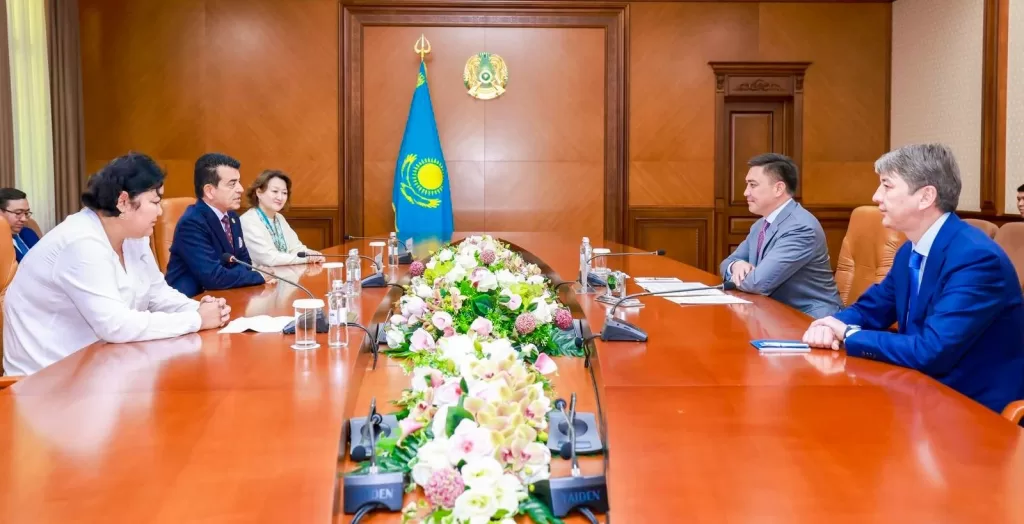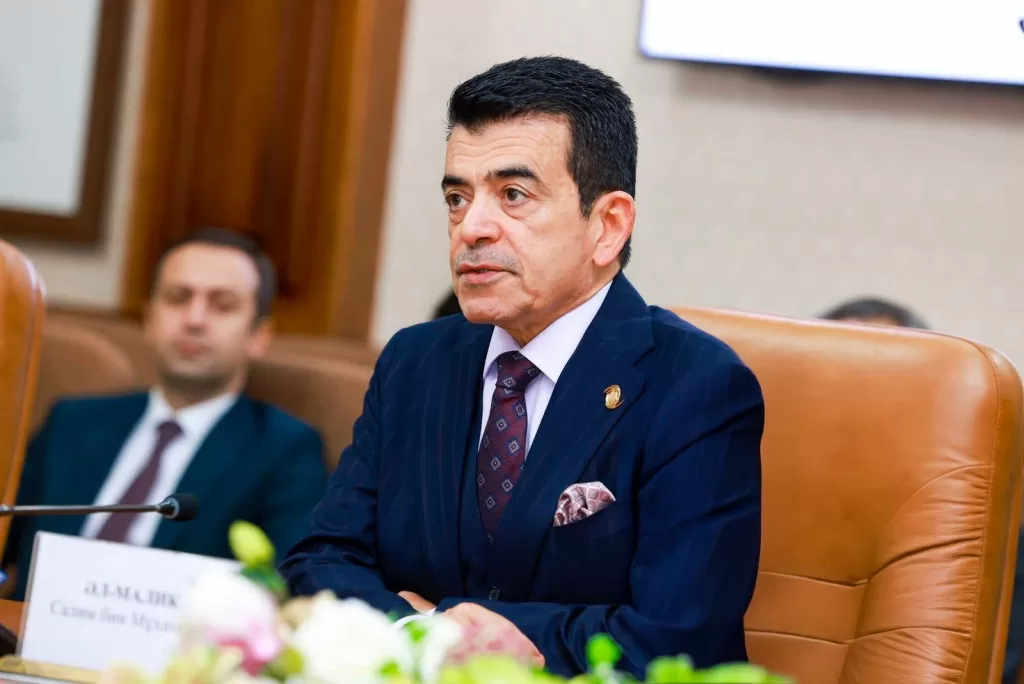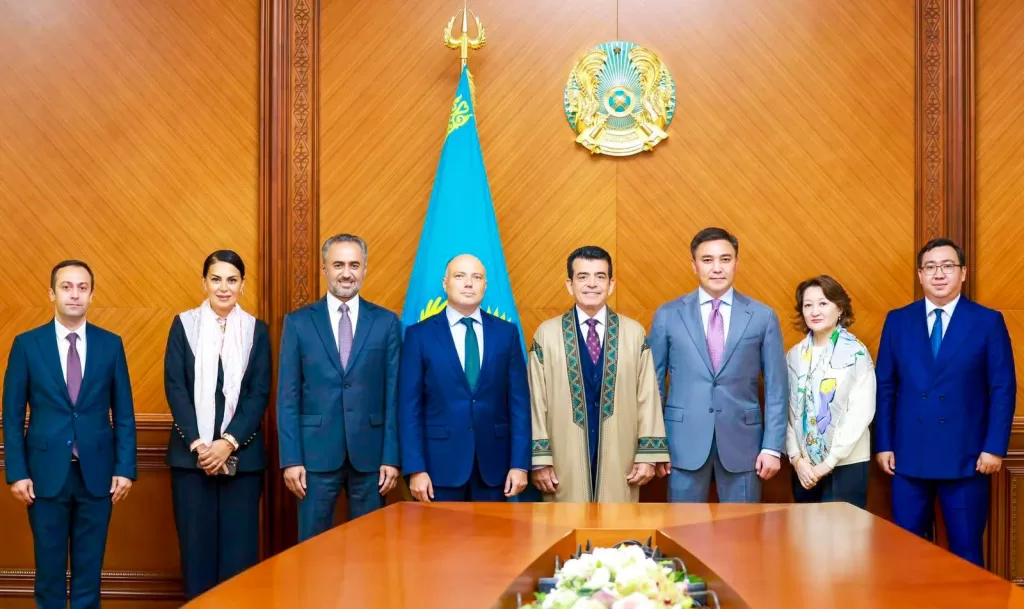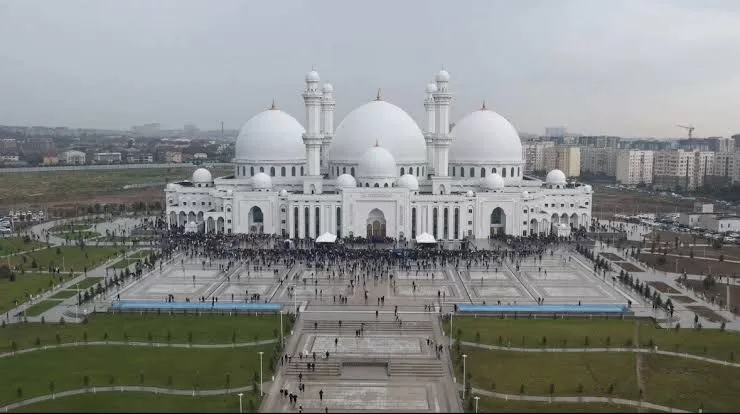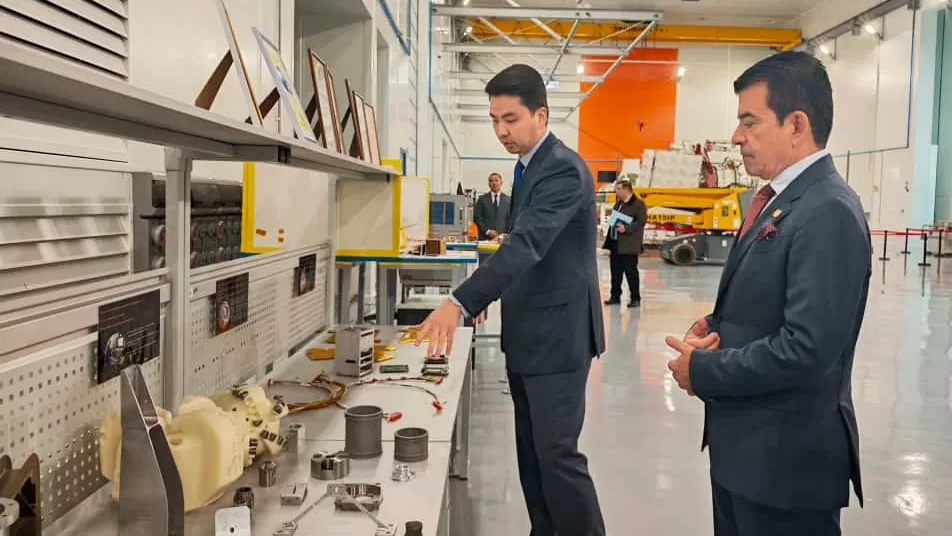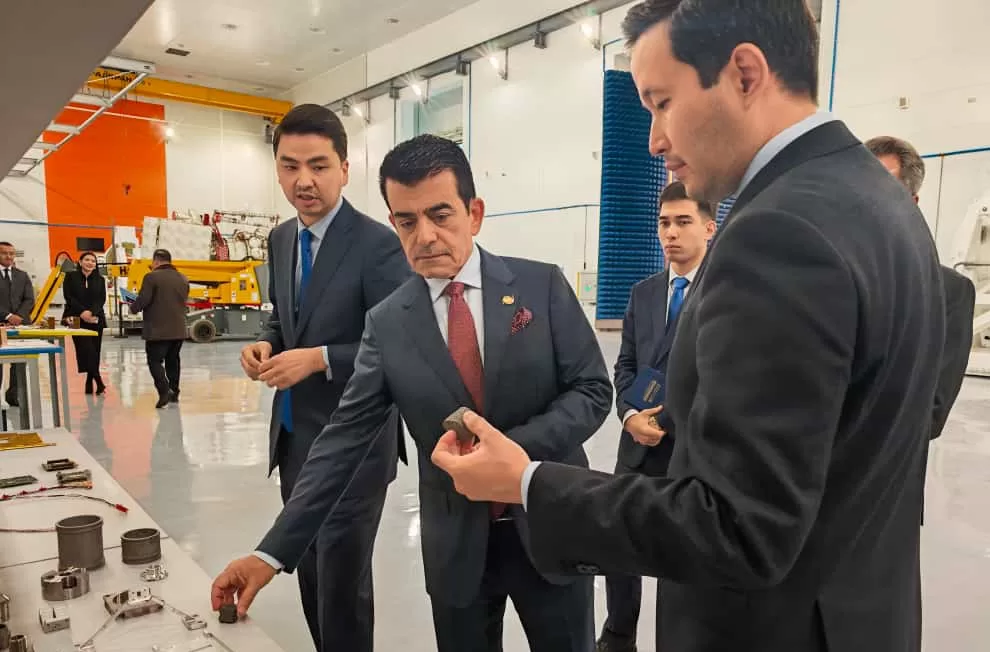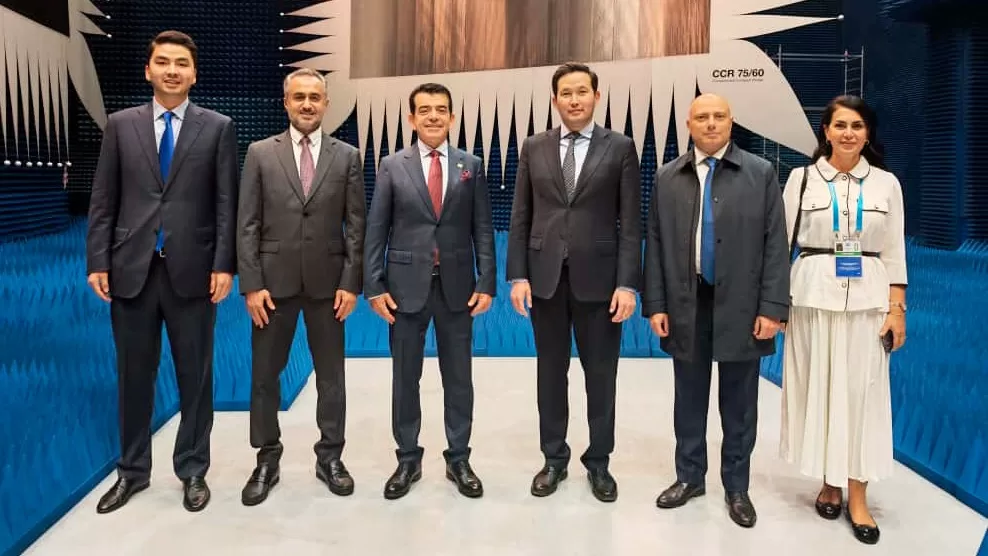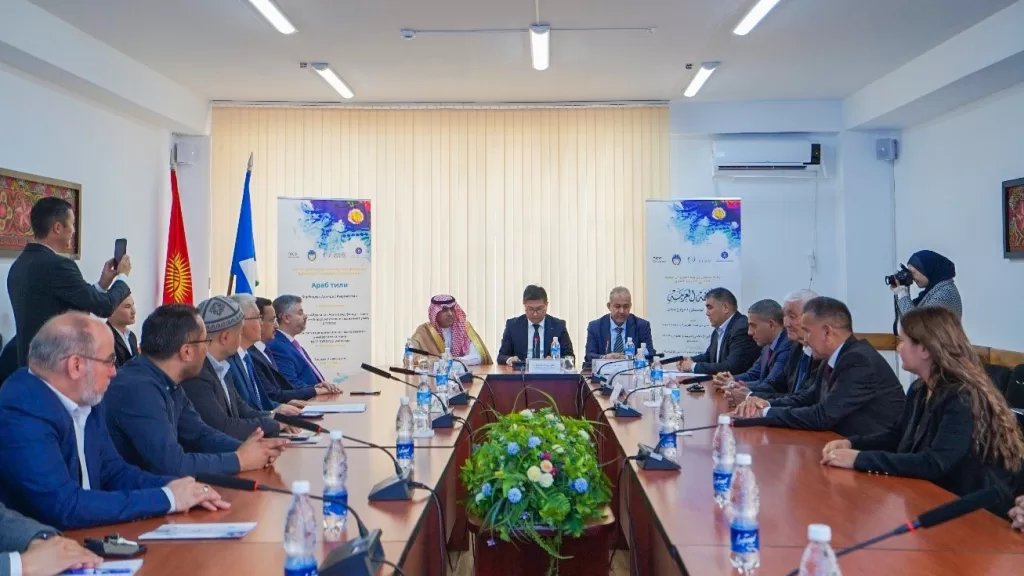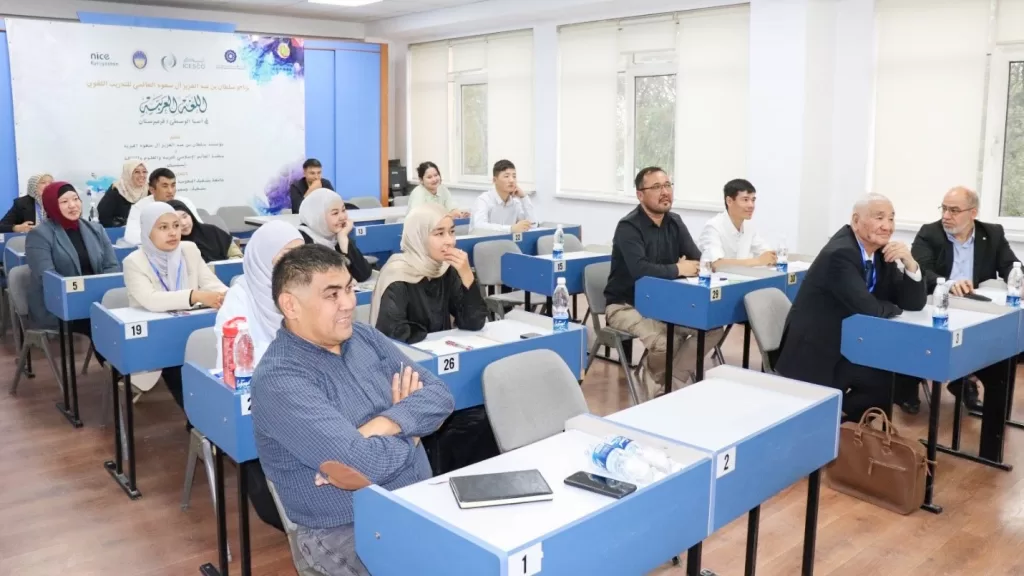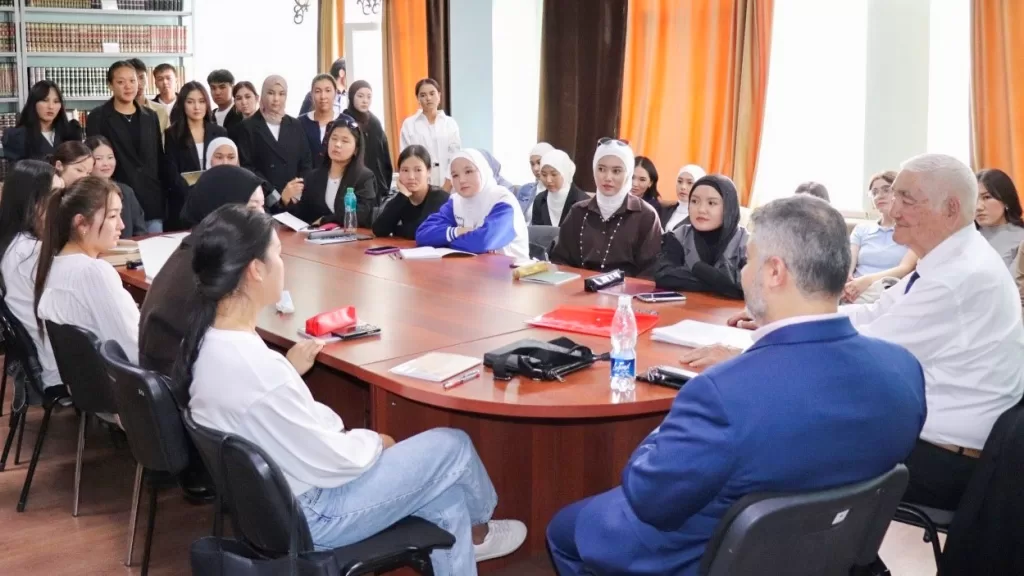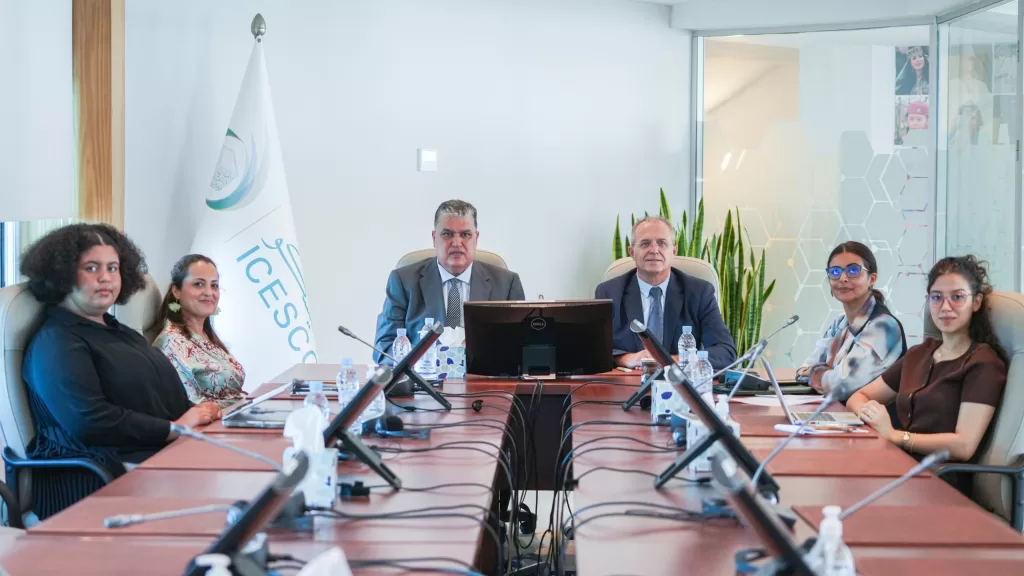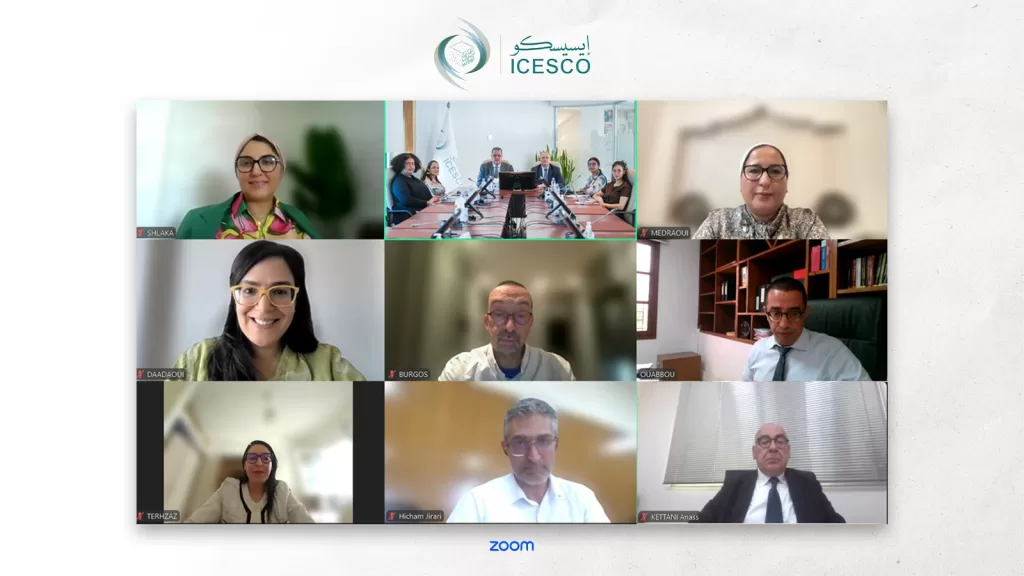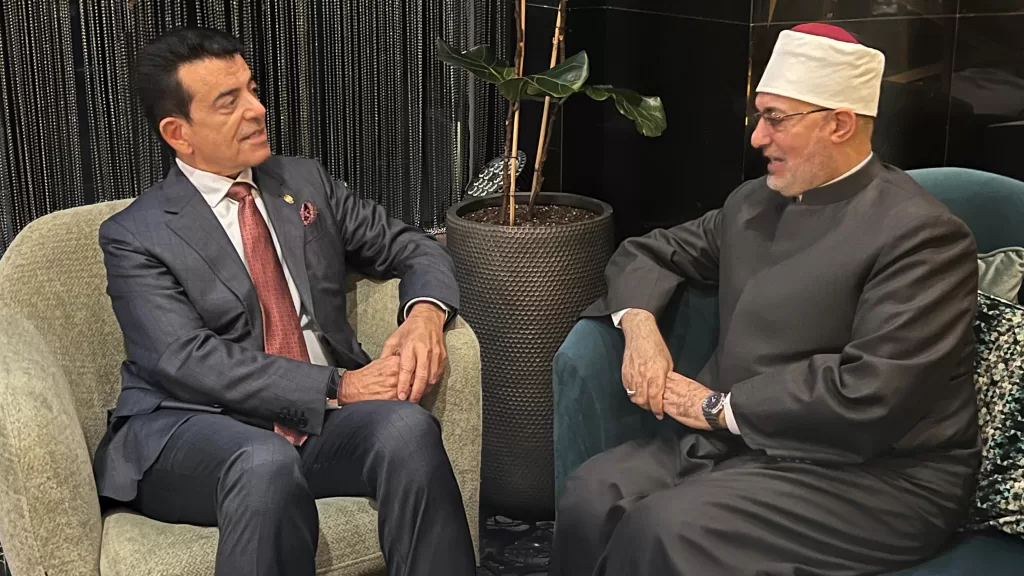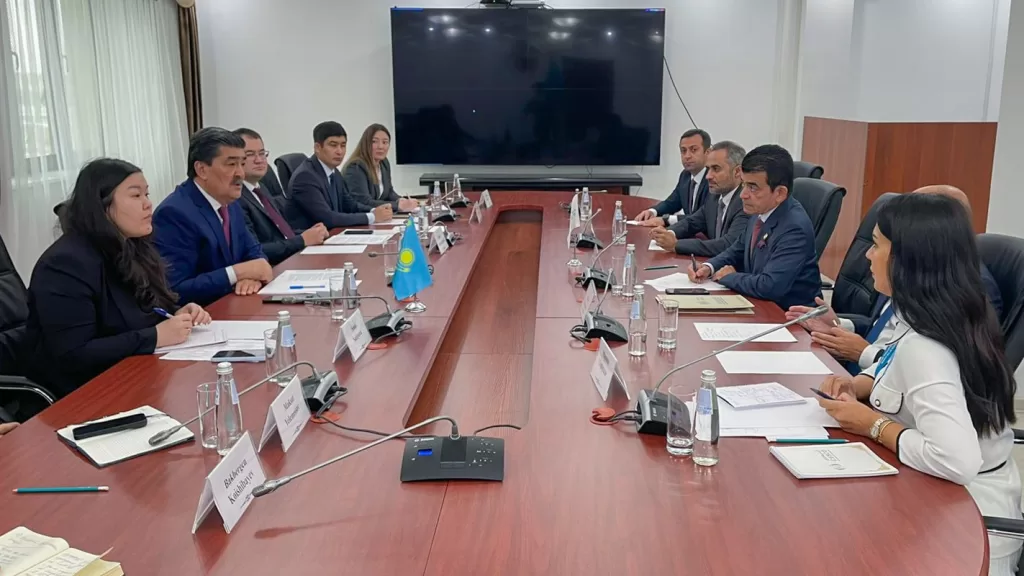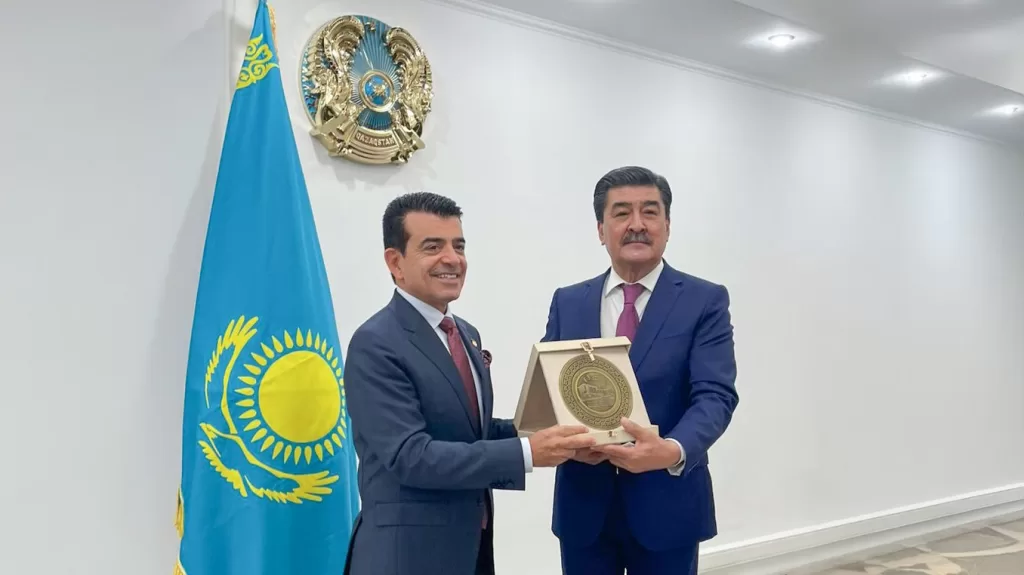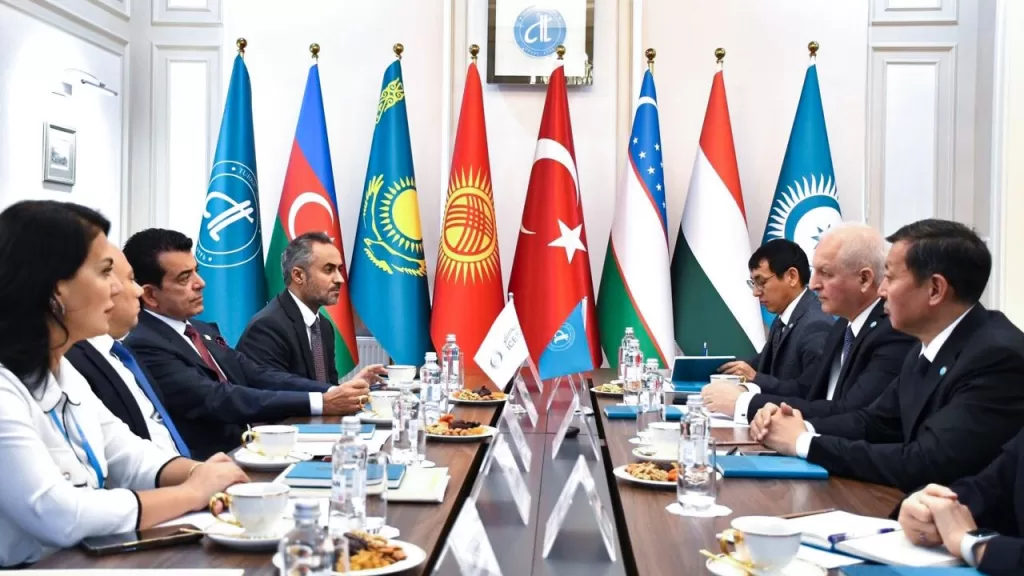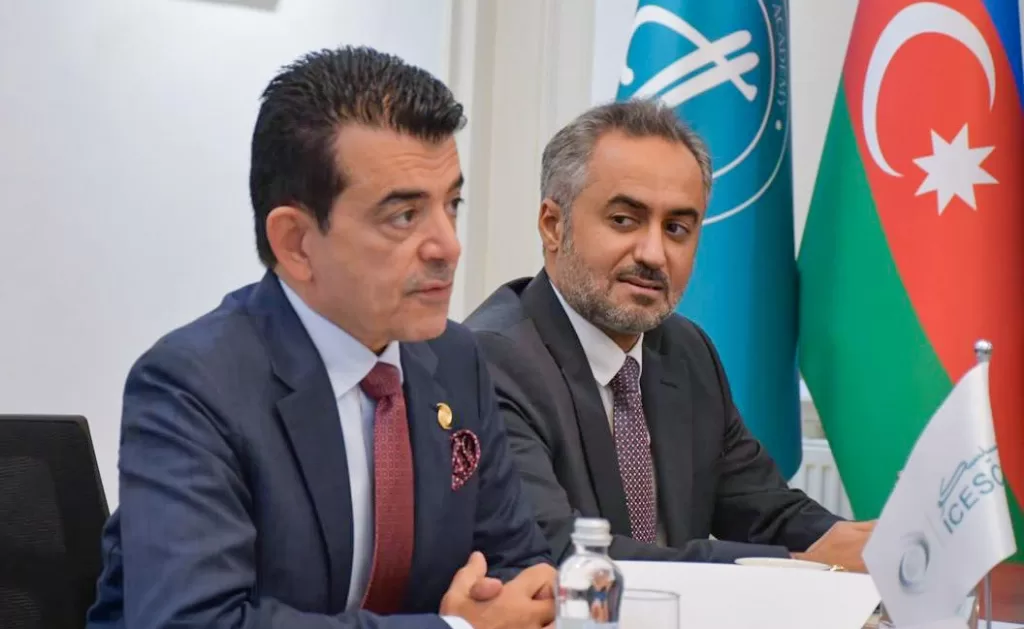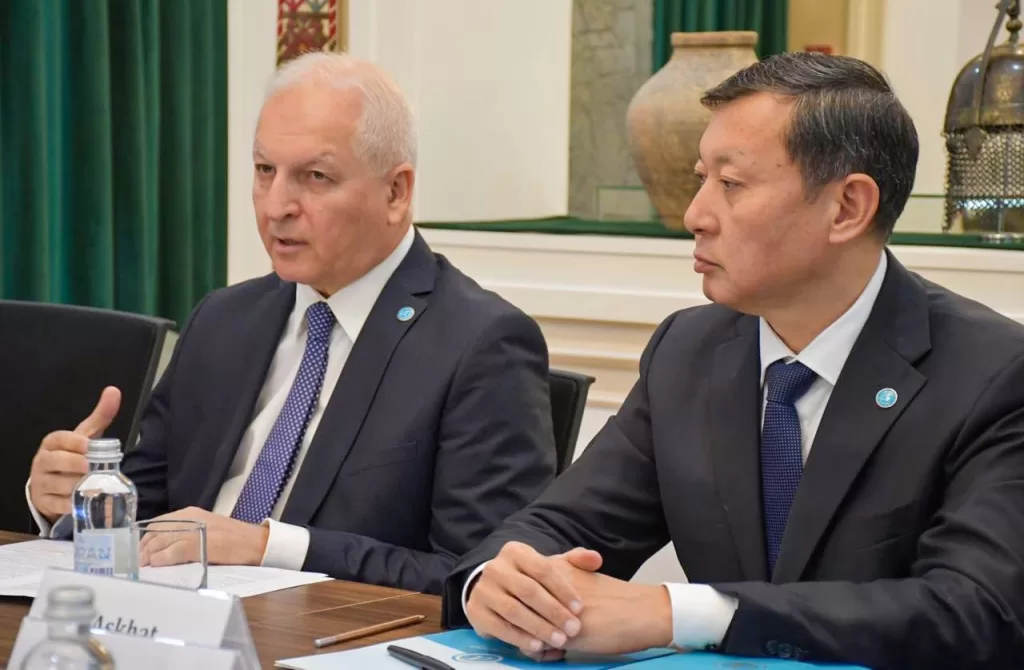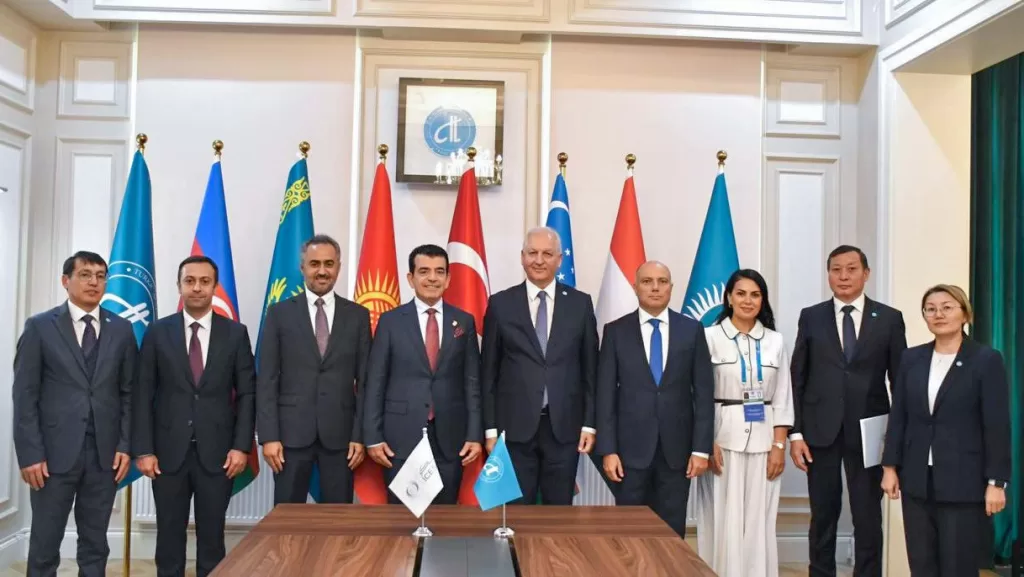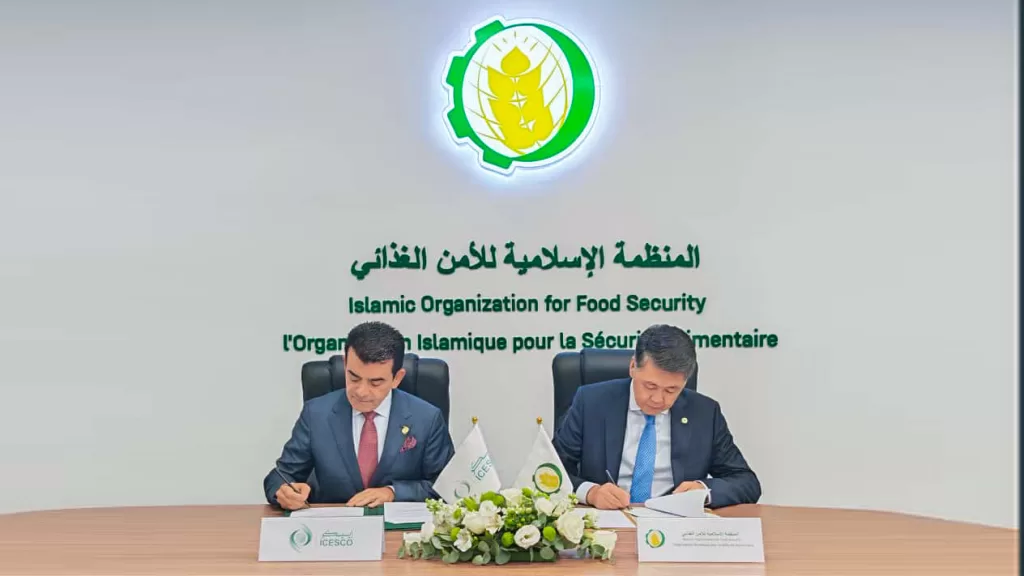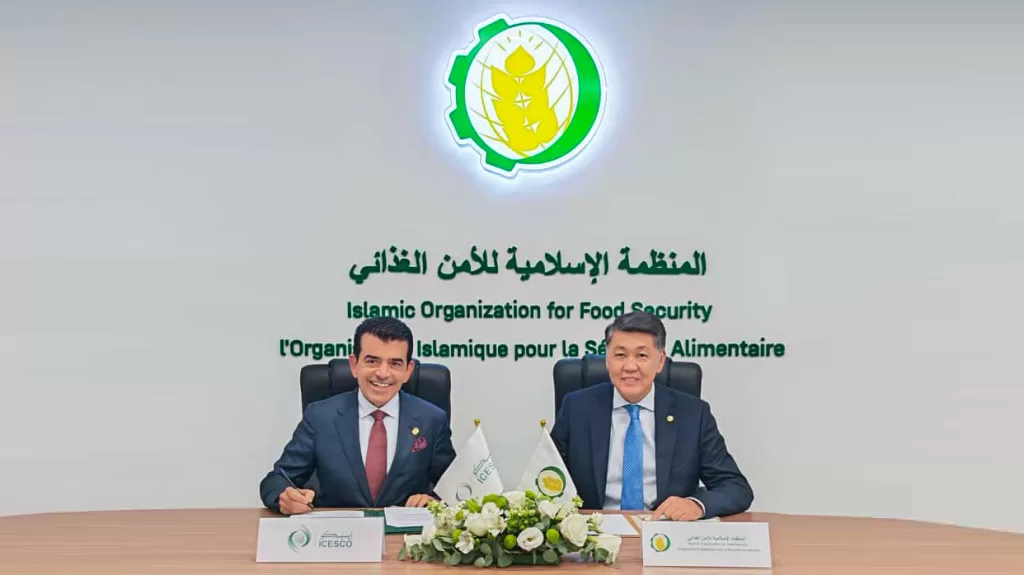Every year on September 21, the world celebrates the International Day of Peace under the theme: “Act Now for a Peaceful World.” The Islamic World Educational, Scientific and Cultural Organization (ICESCO) takes this opportunity to call for greater synergy and cooperation to consolidate world peace, particularly in conflict zones.
In this vein, ICESCO renews its commitment to promoting the values of peace, tolerance, and civilizational dialogue within the communities of its Member States through various programs and initiatives, and to mobilizing key actors such as religious and traditional leaders, youth leaders, and women to achieve this goal.
In this regard, ICESCO highlights its Peace 360° initiative, an inclusive and multidisciplinary approach to peacebuilding, aimed at establishing peace among key social actors and making development a tool for consolidating the values of peace.
The Leadership Training in Peace and Security, which is part of this initiative, has trained and mobilized 180 Peace Ambassadors from 68 countries. The Organization’s efforts in this area were recently recognized with the King Abdulaziz Center for Civilizational Communication Award in Saudi Arabia.
ICESCO’s innovative concept of Civilizational Diplomacy has also made a major contribution to the global debate on peace, seeking to consolidate civilizational action within traditional diplomacy.
In order to broaden the scope of its initiatives and programs related to peace and civilizational dialogue, ICESCO and its Youth Peace Ambassadors have officially joined the World Youth Peace Initiative (WYPI) in China, which is an important opportunity for these ambassadors to join a global network of young leaders committed to promoting peace and security.
In conclusion, ICESCO reiterates its call for intensifying international efforts to promote world peace by consolidating the values of tolerance, moderation, dialogue, and cultural diversity, and by strengthening the capacities of young leaders and women at the local and global levels.



